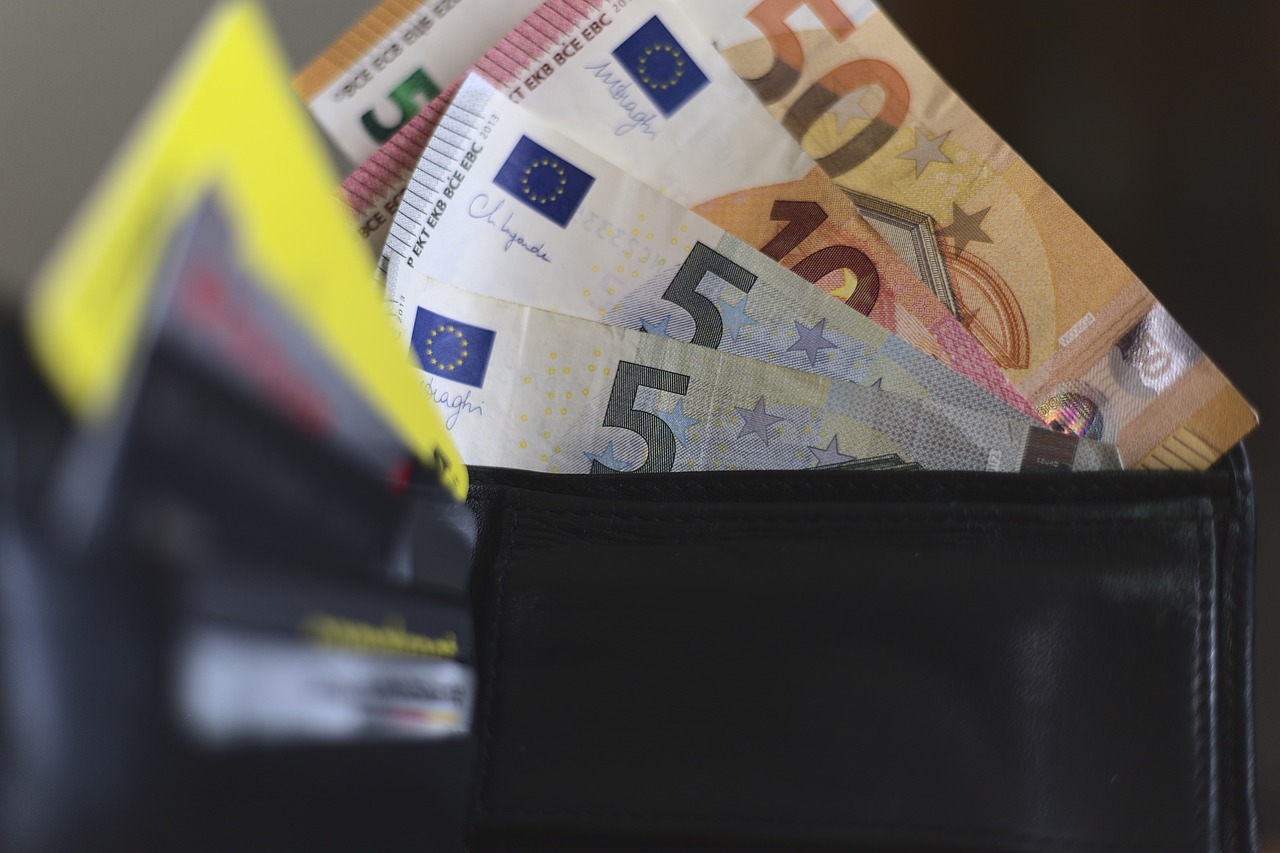Understanding IBANs: Essential Guide to Money Transfers and Bank Account Numbers
GPT_Global - 2025-09-09 18:00:32.0 131
Can I send money using an IBAN without going through a bank?
When considering sending money internationally, many people wonder if it's possible to send money using an IBAN (International Bank Account Number) without going through a bank. The short answer is no – typically, sending money with an IBAN requires a financial intermediary, such as a bank or a licensed money transfer service.
IBAN is primarily used by banks to facilitate cross-border payments, ensuring accuracy and efficiency. To use an IBAN for sending money, both the sender and receiver usually need to have bank accounts. While some non-bank services may offer alternatives, they still rely on banking networks to process the transfer, meaning the money still technically goes through a bank or financial institution.
However, remittance services like Western Union, PayPal, or specialized money transfer providers may provide different methods of sending funds abroad without using a traditional bank account. These services, while bypassing direct banking, may still utilize banks for clearing transactions. Always check the specific terms and conditions of the provider to understand how funds are routed.
In conclusion, while it’s possible to use IBAN with non-bank services in certain cases, the transaction still generally involves some form of banking infrastructure. Choose the method that best fits your needs for international transfers.

Is an IBAN the same as a bank account number?
When sending or receiving international remittances, you might encounter terms like IBAN (International Bank Account Number) and bank account number. While they are related, they are not exactly the same.
An IBAN is a unique identifier used for cross-border transactions to simplify and standardize bank account details. It consists of a country code, two check digits, and a unique domestic bank account number, enabling financial institutions to process payments efficiently. The format of an IBAN can vary by country, but it always ensures accuracy in international transfers.
On the other hand, a bank account number is a specific identifier used within a domestic banking system to identify an individual’s account. It is shorter than an IBAN and does not have the international format for cross-border transactions.
In short, while both an IBAN and a bank account number are essential for making payments, the IBAN is used for international remittance transfers, whereas a regular bank account number is used for local transactions. Understanding the distinction is crucial for smooth and accurate remittance processing.
What information is required besides the IBAN to complete a transfer?
```htmlWhen sending a money transfer, especially in the context of international payments, the International Bank Account Number (IBAN) is a crucial element. However, there are additional details required to ensure the successful completion of a transaction.
Alongside the IBAN, the recipient's full name and address are essential to verify their identity and prevent fraud. Depending on the transfer method, the recipient’s bank details, such as the bank’s name and address, may also be necessary. For international transfers, the Bank Identifier Code (BIC), also known as the SWIFT code, is often required to direct the money to the correct institution.
Another important piece of information is the currency type and the amount being transferred. These details help the sender and receiver avoid confusion regarding the transaction’s value. In some cases, the sender might also need to provide their own personal details, such as their bank account number, address, and a reason for the transfer.
To facilitate a smooth remittance process, ensure that all relevant information is accurately provided. Double-checking these details will help avoid delays and potential complications during the transfer.
```Can I use an IBAN for domestic transfers, or is it only for international payments?
When it comes to making payments, understanding the various banking codes used is crucial. The International Bank Account Number (IBAN) is a globally recognized system designed to simplify international transactions, but many people wonder if it can also be used for domestic transfers.
Technically, IBANs are primarily used for international payments, especially for cross-border transfers within the EU and beyond. The IBAN helps to identify the exact account location, reducing errors and delays in international money transfers. It includes country codes, bank codes, and account numbers, which standardize the payment process.
However, in some countries, domestic transfers may also support IBANs, particularly in regions where IBAN usage is widespread. For instance, within the European Union, banks often use IBANs for both domestic and international transfers. This flexibility ensures smoother transactions within these regions.
For remittance businesses, it's essential to ensure the correct use of IBANs when dealing with international and certain domestic transfers. If you're sending money internationally, using an IBAN ensures that your payment reaches its destination without errors.
What happens if I enter the wrong IBAN when sending money?
When sending money abroad, entering the correct International Bank Account Number (IBAN) is crucial. An IBAN ensures your funds are delivered safely to the right account. If you accidentally enter the wrong IBAN, your transfer may fail or, worse, get credited to the wrong person’s account. This can cause delays, extra fees, and even difficulty recovering your money.
In most cases, if the IBAN does not exist, the bank will reject the payment and return the funds to you, though processing fees may still apply. However, if the IBAN is valid but belongs to another account, the money may go through successfully but to the wrong recipient. Recovering those funds can be complicated and may require formal requests or legal involvement.
To avoid this, always double-check the IBAN before confirming your remittance. Use copy-and-paste carefully, and verify with the recipient directly. Many money transfer services also provide IBAN checkers to minimize errors. By ensuring accuracy, you save time, avoid stress, and guarantee your loved ones receive the money quickly and securely.
About Panda Remit
Panda Remit is committed to providing global users with more convenient, safe, reliable, and affordable online cross-border remittance services。
International remittance services from more than 30 countries/regions around the world are now available: including Japan, Hong Kong, Europe, the United States, Australia, and other markets, and are recognized and trusted by millions of users around the world.
Visit Panda Remit Official Website or Download PandaRemit App, to learn more about remittance info.



